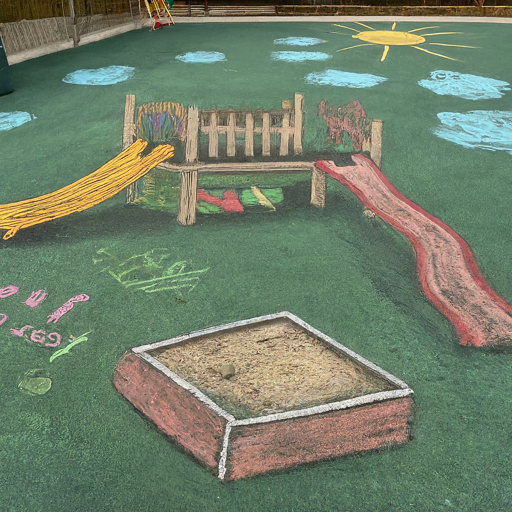Kindergarten often referred to as “children’s garden,” is a crucial educational phase that bridges the gap between home life and formal schooling. Let’s explore what kindergarten entails, its origins, and how it benefits young learners.
What Is Kindergarten?
- Definition: Kindergarten is a preschool educational approach that emphasizes play, social interaction, practical activities (such as drawing), and singing. It serves as a transition from home to school for children aged four to six years.
- Origins: The concept of kindergarten originated in the early 19th century. It was influenced by the ideas and practices of visionaries like Robert Owen in Great Britain.
Key Aspects of Kindergarten:
- Play-Based Learning:
- Kindergarten encourages learning through play. Children engage in creative activities, explore their surroundings, and develop essential skills.
- Play fosters imagination, problem-solving, and socialization.
- Social Interaction:
- Kindergarten provides a structured environment for children to interact with peers.
- Social skills, empathy, and cooperation are nurtured during group activities.
- Preparation for Formal Schooling:
- Children learn routines, follow instructions, and adapt to a classroom setting.
- Basic literacy and numeracy skills are introduced.
- Holistic Development:
- Kindergarten focuses on cognitive, emotional, physical, and social development.
- Art, music, movement, and storytelling enhance creativity and self-expression.
Kindergarten Around the World:
- Germany and Beyond:
- The term “kindergarten” itself is German, meaning “children’s garden.”
- German educator Friedrich Fröbel established the first kindergarten in 1837.
- Kindergartens spread to other European countries and eventually worldwide.
- Australia:
- In Australia, kindergarten (also called preschool) is delivered by qualified early childhood teachers.
- It prepares children for formal schooling and lays the foundation for lifelong learning.
- Victoria, Australia:
- The Victorian government provides information on finding suitable kindergartens, enrollment processes, and funding options1.
- Parents can explore interactive maps to locate kindergartens in their area.
Why Kindergarten Matters:
- Smooth Transition: Kindergarten eases the transition from home to school, reducing anxiety for both children and parents.
- Early Literacy and Numeracy: Basic literacy and numeracy skills are introduced, setting the stage for future learning.
- Social Skills: Children learn to share, take turns, and collaborate with peers.
- Creativity and Curiosity: Kindergarten sparks curiosity, creativity, and a love for learning.
Remember, kindergarten isn’t just about ABCs and 123s—it’s a place where young minds bloom, friendships form, and the joy of discovery unfolds.
Sources:


